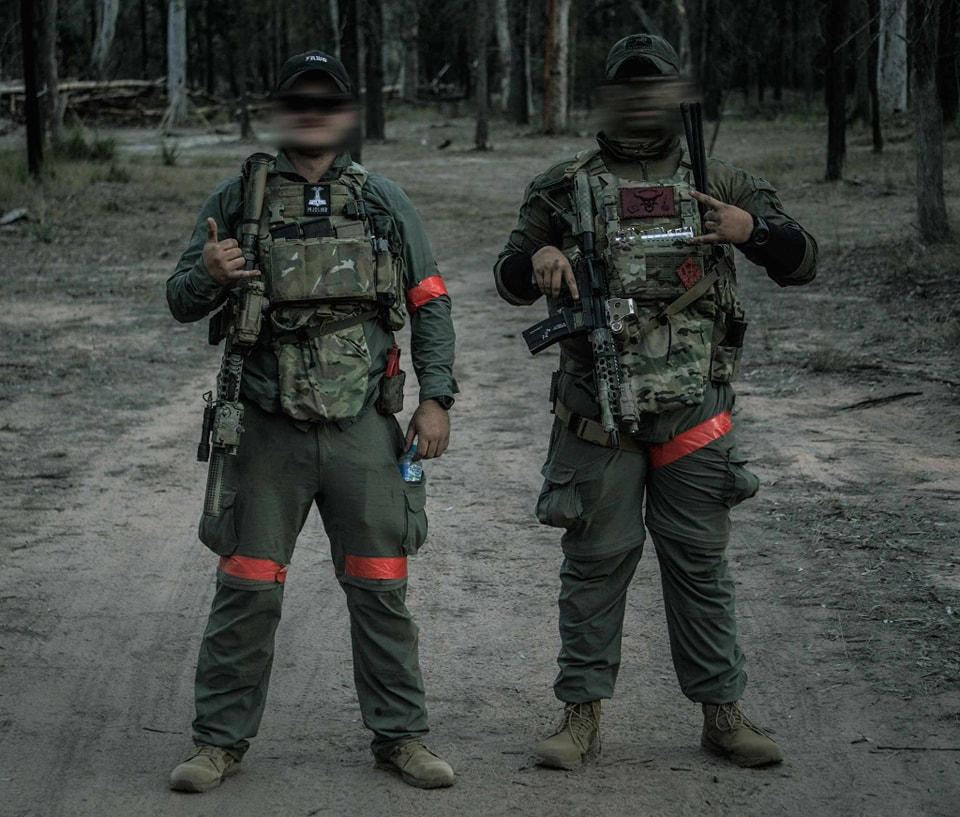Molovic Considers Military Draft Amid Rising Desertion and Poor Retention Rates
In the halls of power in Molovic, a contentious proposal is stirring debate and sparking widespread concern: the potential implementation of a military draft to address mounting challenges in recruitment, retention, and desertion within the nation's armed forces. As Molovic grapples with a complex array of security threats and geopolitical uncertainties, the prospect of conscripting young men into military service has ignited fierce debate and raised profound questions about the future of national defense.
At the heart of this proposal lies a troubling trend: a sharp increase in desertion rates among active-duty personnel, coupled with poor retention rates that threaten to undermine the effectiveness of Molovic's military capabilities. In recent years, the armed forces have struggled to attract and retain qualified personnel, leading to critical shortages in key areas of expertise and operational readiness.
In response to these challenges, proponents of the military draft argue that conscription is necessary to bolster the ranks of the armed forces and ensure the nation's security in an increasingly volatile world. By requiring young men to serve a mandatory period of military service, supporters contend that Molovic can address manpower shortages, instill a sense of duty and discipline among its citizens, and strengthen the overall resilience of its armed forces.
However, critics of the proposal raise valid concerns about the potential social, economic, and ethical implications of implementing a military draft. They argue that conscripting young men into military service against their will infringes upon individual freedoms and rights, undermines the principles of voluntary enlistment, and perpetuates a culture of coercion and militarization.
Moreover, opponents warn that the draft may exacerbate existing inequalities within Molovic society, disproportionately impacting marginalized communities and exacerbating socio-economic disparities. They point to the inherent risks of sending inexperienced and unprepared conscripts into combat situations, potentially compromising the safety and well-being of both soldiers and civilians.
As Molovic weighs the pros and cons of implementing a military draft, it faces a critical decision that will shape the future of its national defense strategy and the lives of countless young men across the nation. In navigating this complex and contentious issue, policymakers must carefully balance the imperatives of national security with respect for individual rights, freedoms, and dignity.
Ultimately, the fate of the military draft proposal rests in the hands of Molovic's leaders and its citizens. As the nation confronts the challenges of an uncertain world, it must strive to uphold its core values of democracy, justice, and equality while safeguarding the safety and security of its people. The decision to implement a military draft represents a profound choice—one that will resonate far beyond the battlefield and shape the destiny of Molovic for generations to come.



Comments
Post a Comment